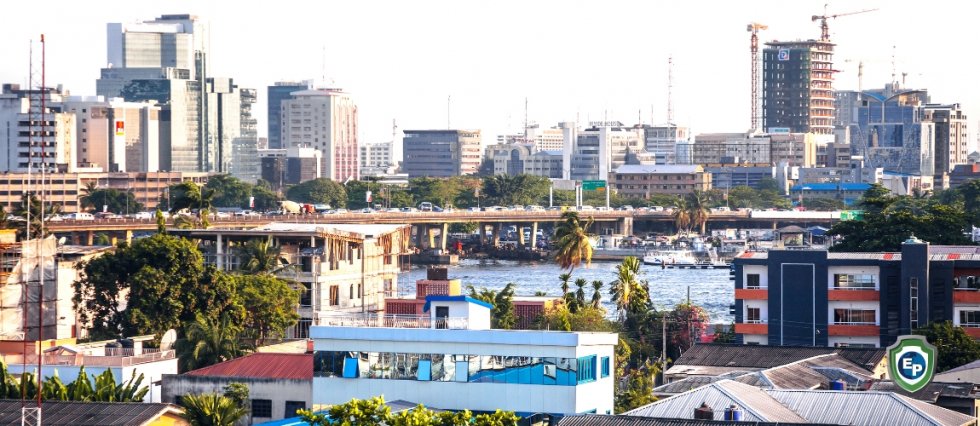How Technology is Changing Business in Nigeria
Technology is changing Nigeria. It is bettering the country's business sectors, filling in gaps in industries like agriculture and transportation, and advancing payments and logistics.

Digital technologies have advanced more rapidly than any other innovation in the world, reaching around 50% of the developing world’s population in only two decades and transforming societies by enhancing connectivity, financial inclusion, access to trade, and public services. In fact, technology is continuing to better business sectors in countries like Nigeria, as services are becoming more accessible and accountable through blockchain-powered systems and other digital technologies.
According to the Center for Global Development, since introducing the Global Systems for Mobile Communications (GSM) System in Nigeria in 2001, the country’s ICT (information and communication technologies) sector has grown from less than 1% of GDP to almost 10% of GDP today. It has also surpassed South Africa to emerge as a premier investment destination with 55 active tech hubs, raising $94.9 million. Nigeria is now Africa’s biggest technology market, accounting for 23% of internet users in Africa. It also has the largest number of telecommunications subscribers, with a teledensity figure of almost 90%.
Tech firms have found and established creative solutions to fill gaps left by the government in the fields of energy, agriculture, banking, transportation, logistics, health, business operations, and finance. Most of the growth in the tech sector occurred from 2013 to 2015, when there was an influx of venture capitalist funding for tech start-ups in Nigeria.

Now, Nigeria’s economic realities have changed, advancing payments and logistics while changing merchant-customer relations. In fact, the adoption of online payments in Nigeria is growing fast for both merchants and their customers. Before 2015, integrating a payment gateway was expensive and technical. But things have changed in the last five years. Thanks to companies like PayStack and Flutterwave, payment integration is much easier now, making more people feel comfortable and safer with online payment today than five years ago. Fraud fears are decreasing, and more people are using digital payment options to complete transactions.
Technology has transformed how we do business by modifying business processes to be more efficient. It has also opened a novel way of communication, allowing companies to communicate and collaborate beyond borders.
Today, there are over 120 million internet subscribers in Nigeria, up from 20 million a decade ago. This shows that more growth is possible as Nigeria’s internet population continues to grow.
Learn More With Export Portal
Export Portal is a comprehensive global trade hub that has everything you need to trade safely and securely. We prioritize security, transparency, cost-effectiveness, and ease-of-use. Subscribe to our newsletter today and stay in the loop!






Comments 0